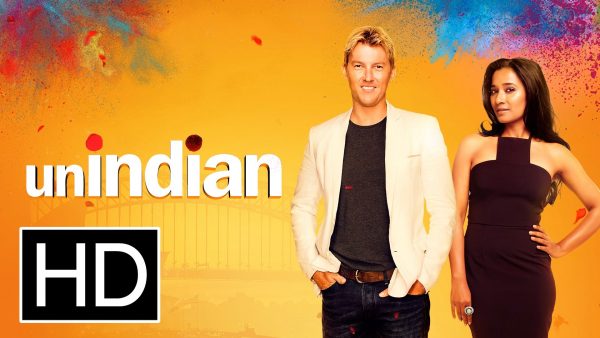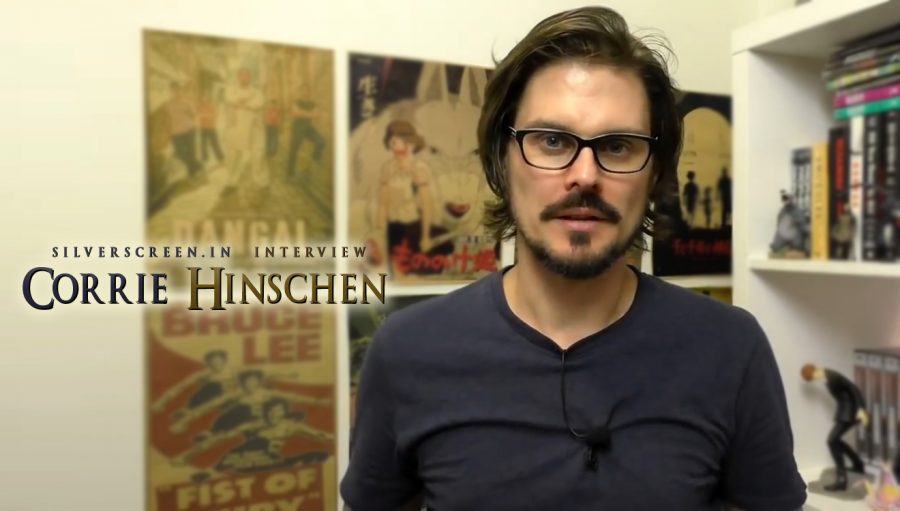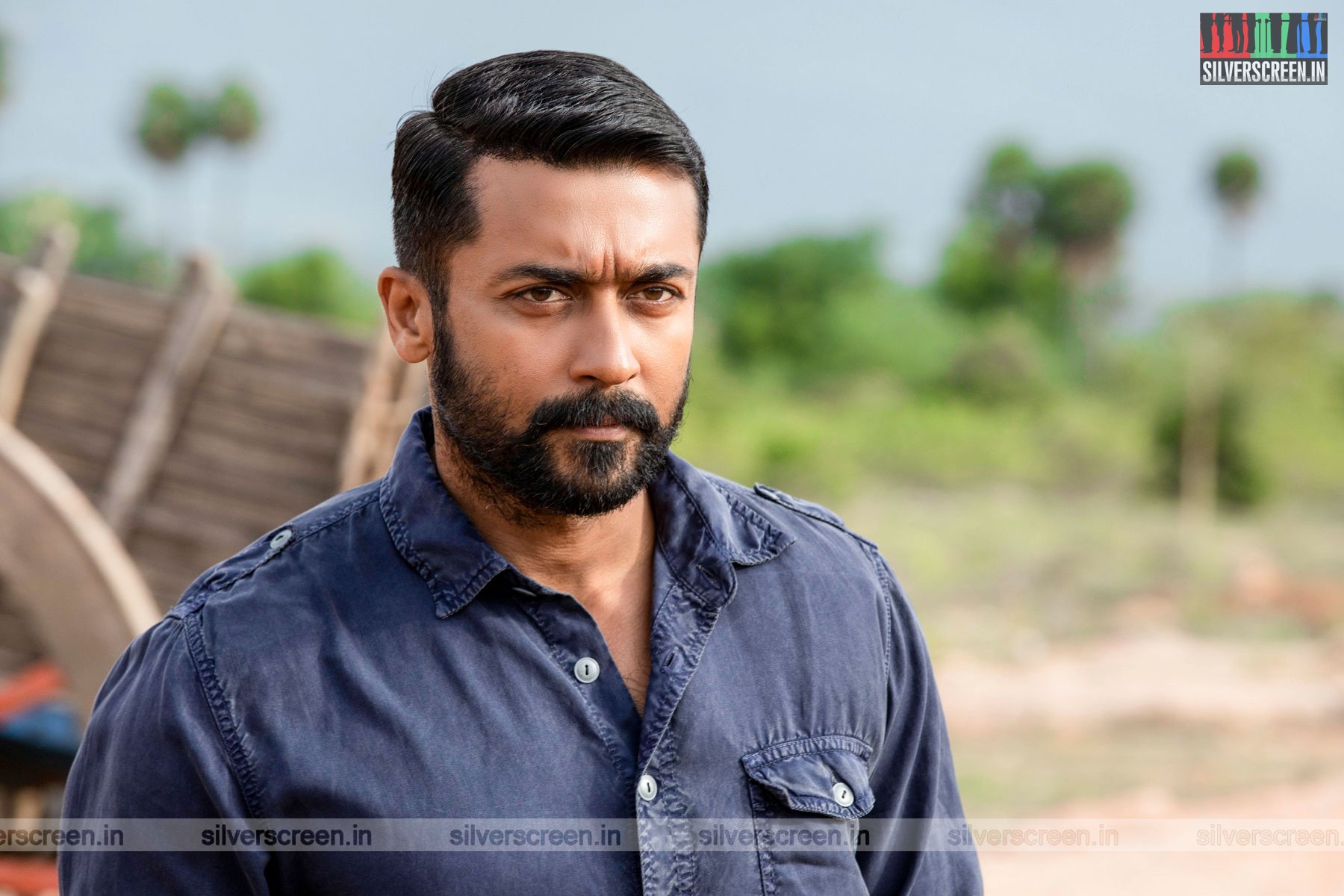A few years ago, Corrie Hinschen, a cinema enthusiast, watched his first Indian film – Zinda. The Hindi film had everything perfect in the Bollywood sense for a weekend mystery-thriller – a ruthless villain, a determined hero, a vulnerable female lead, music that kept one hooked, violence, and lots of suspense.
Except, it turned out to be an unauthorised remake of a South Korean film. Zinda didn’t really work for Corrie but it kindled his interest in Indian cinema. Now, he reviews Malayalam, Telugu, Hindi, Kannada films, usually not the mainstream, commercial ones unless they make the headlines.
Corrie runs a podcast on YouTube called ‘Pieces of Work’; he posts videos where he speaks passionately about cinema and reviews films from South Korea, Japan, Taiwan, China, and India. Corrie, who teaches English Literature to high school children in Brisbane, Australia, finds time between poetry and grading papers to watch a movie a day and share his thoughts on it. He, however, does not like calling himself a “YouTuber”.
In an exclusive interview with Silverscreen, Corrie, whose recent video – ‘India, We Need To Talk About Plagiarism’ – went viral, talks about Asian cinema, unfamiliar territories, his love for Anurag Kashyap’s films, and Padmaavat.
***
For all those who regularly follow Corrie’s channel, the posters and videos in the background have remained constant. One can see posters of Rajkumar Hirani’s 3 Idiots, Park Chan-wook’s Oldboy, Aamir Khan’s Dangal… and a sufficient number of DVDs.
“There are some books, too. Manga comics, some DVDs, but I had a lot more,” he says, revealing that Brisbane’s heat has forced him to shoot the podcast in his dining room.
“I started my channel four years ago, and I simply shared my thoughts on films. There are a lot of South Korean, Chinese, Indonesian, Japanese, Taiwanese, and Indian films that are probably better than what mainstream Hollywood bring out,” he says.
While he has always had a fair share of followers, the last few weeks saw his follower count going as high as 28,000. In his video, Corrie rightfully states how Indian filmmakers tend to plagiarise films and walk away with all the credit, but when they get called out, they use words such as “inspired” or “inspired by” to get away with it.
The video was covered by mainstream online news portals, and saw several film directors and actors writing to him. The response was pretty positive, with most thanking him for calling out a blatantly common practice.
But that doesn’t necessarily happen to all of his videos. Padmaavat, a film that has been in the news for months now, made the headlines in Australia, piquing Corrie’s curiosity. He had no intentions of reviewing the film though.
“The news about the violence and the film being seen as offensive reached here too. It released in a lot of theatres here, and I decided to watch the 11.30 am show {a departure from his preferred night shows}, which was pretty full,” he says. “I did notice about three-four people walking out, but I’m not sure why.”
All that hype was for nothing, he notes. In his review of Padmaavat, Corrie observed that the actress playing Rani Padmavati (Deepika Padukone) had very little to do for a film named after her character. “The actress playing her is beautiful, and is the queen. But that’s it, the film is more about her beauty more than anything,” he rues.
The review saw several YouTube users from India commending him for a rather accurate review. There were also many telling him that he did not know what he was speaking about. “I beg to differ because the film was, at best, average, and I didn’t really need to know a lot background information about it, other than what was said in the news. As far as I know, it’s based on an epic poem and that’s that,” he adds.
And while he notices how Rani Padmavati had little to do in the film, Corrie has a question.
Having watched a movie called UnIndian that had Brett Lee and Tannishtha Chatterjee in the lead, this reviewer wondered why the film’s poster and DVD cover had the two actors – one a Caucasian and the other dark-skinned – have similar skin tones. “I found that racist. Is that something that happens too often in India?” he asks.

A quick background on all the fairness cream advertisements was enough for Corrie to get why skin tone gets the play it does in Indian cinema.
***
Corrie doesn’t have much of a cinema background, and says his academic background helps him look at things critically. And reviewing films in different languages doesn’t really require a lot of research, he says.
“I don’t like to read the reviews of films that I plan to watch. I like approaching a film with a fresh mind. When you are creative, you tend to pick up things. With South Korean and Japanese films, I have spent time in those countries, and taught a lot of students from there, so I have a fair idea about the kind of films they make. Of course, there are some films that go over my head. Like the Korean film 1987,” he says.
Being one of the few Asian cinema buffs where he stays, access to these films isn’t so hard though. While he used to buy DVDs of films earlier, he pretty much had to sell them off or give it away after shifting cities. Thanks to several legal streaming websites, Corrie manages to keep abreast on all the latest movies from other countries.
“The films I review are all suggestions from people. Occasionally, I hold a poll asking people to pick what I can watch. To watch them, I make use of Netflix, Stan, SBS on demand (which is essentially an Australian government-run app), and I even recently got an Amazon Prime account. So I watch it from wherever I can stream it legally. It’s a lot cheaper this way. Because if I have to keep paying for a ticket at the movies or buying DVDs for one film, I’d be broke by now,” he jokes.
***
Having watched a great deal of films, including the popular ones such as Baahubali 2 and Taare Zameen Par, Corrie manages to always go back to Anurag Kashyap, one of his favourite directors.
Recommended
“I’ve watched a few of his Ted Talk videos where he talks about how he had to fight for his films, where he gets asked why he has to make a film that is usually not made in India. I always fight with the underdogs and I’m blown away by his films. I watched Gangs of Wasseypur and loved it. Since I grew up watching a lot of Martin Scorsese and Francis Ford Coppola films, I can see how his filmmaking is similar to theirs.”
When he started watching Indian cinema, Corrie had no idea how many cinema industries were there in India. But that just gives him more to watch. Having watched Kannada film Lucia recently, he knows there are a lot of filmmakers out there who deserve their due.
“Lucia was amazing! It was crowdfunded and that’s the kind of little movies that should get out there. I watched it twice because it’s so detailed and complex, very Christopher Nolan or Darren Aronofsky-like.”
He’s quick enough to say that he doesn’t really want to focus on the negatives in Indian cinema, such as plagiarism. “I know there are filmmakers out there who are putting out some genuine stories. And then there are those who get away with so much more,” he says.
While he has plans of reviewing a lot of other films from India, considering the suggestions keep increasing, Corrie, along with other cinema enthusiasts, has a new show planned, where they collectively point out similar tropes that a lot of films adopt, that don’t necessarily amount to plagiarism.
However, on the topic of plagiarism, Corrie vows to call it out not just with Indian cinema.
“I mean, what about Quentin Tarantino? Everybody loves his films but we all know that he gets away with a lot. There are even documentaries on this. If you look at Hollywood and Indian cinema, there’s a lot that the latter gets away with. But it’s a topic that’s been talked about so much, it’s like flogging a dead horse really…”
***



